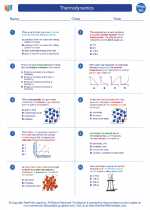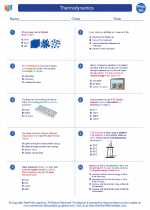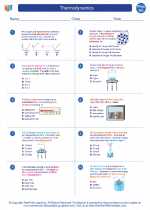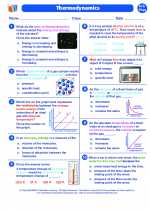Blood Sugar Regulation
Blood sugar regulation is the process by which the levels of glucose in the blood are maintained within a narrow range. This is essential for the normal functioning of the body, as an imbalance in blood sugar levels can lead to serious health complications.
Key Players in Blood Sugar Regulation:
- Insulin: Produced by the pancreas, insulin is a hormone that helps regulate blood sugar levels by facilitating the uptake of glucose into cells. It also promotes the storage of excess glucose in the liver and muscles in the form of glycogen.
- Glucagon: Also produced by the pancreas, glucagon works in opposition to insulin by promoting the release of stored glucose from the liver into the bloodstream when blood sugar levels are low.
- Liver: The liver plays a key role in blood sugar regulation by storing excess glucose as glycogen and releasing it into the bloodstream when needed.
- Adrenaline (Epinephrine): Released by the adrenal glands, adrenaline can rapidly increase blood sugar levels by promoting the breakdown of glycogen in the liver and muscles.
Regulation of Blood Sugar Levels:
When blood sugar levels rise after a meal, the pancreas releases insulin to facilitate the uptake of glucose into cells, where it can be used for energy or stored for later use. Meanwhile, the liver stores excess glucose as glycogen. If blood sugar levels drop, the pancreas releases glucagon to stimulate the release of stored glucose from the liver into the bloodstream.
During times of stress or physical exertion, the adrenal glands release adrenaline, which triggers the breakdown of glycogen in the liver and muscles to rapidly increase blood sugar levels, providing a quick source of energy for the body.
Factors Affecting Blood Sugar Regulation:
Several factors can affect blood sugar regulation, including diet, exercise, stress, and certain medical conditions such as diabetes. A balanced diet, regular physical activity, and stress management are important for maintaining healthy blood sugar levels.
Study Guide:
To effectively study blood sugar regulation, consider the following key points:
- Understand the role of insulin, glucagon, the liver, and adrenaline in blood sugar regulation.
- Learn how blood sugar levels are affected by factors such as diet, exercise, and stress.
- Study the mechanisms by which the body maintains blood sugar levels within a narrow range.
- Explore the impact of imbalanced blood sugar levels on overall health and the development of conditions such as diabetes.
Use diagrams and visual aids to understand the processes involved in blood sugar regulation, and consider practical examples to illustrate the concepts. Practice solving problems related to blood sugar levels and their regulation to reinforce your understanding of the topic.
By mastering the principles of blood sugar regulation, you will gain valuable insights into the intricate mechanisms that ensure the body's energy needs are met while maintaining optimal health.
.◂Physics Worksheets and Study Guides High School. Thermodynamics

 Worksheet/Answer key
Worksheet/Answer key
 Worksheet/Answer key
Worksheet/Answer key
 Worksheet/Answer key
Worksheet/Answer key
